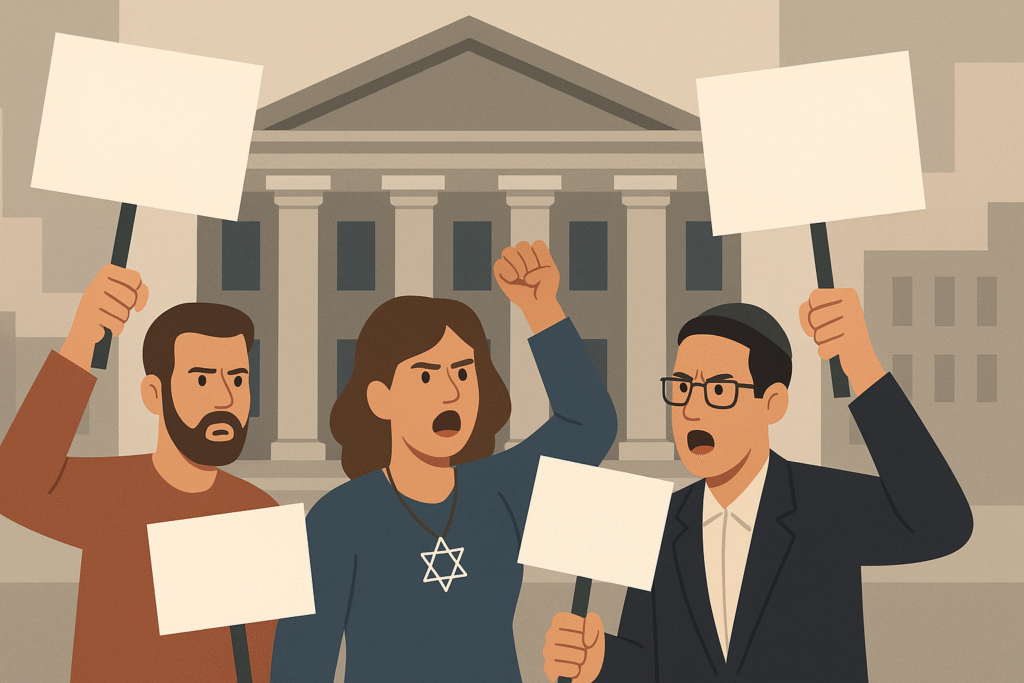The endorsement of mayoral candidate Zahran Mamdani by the New York City Teachers’ Union has triggered strong backlash from Jewish educators and activists. Critics argue that the union’s decision reflects a failure to adequately address antisemitism, and they are calling for the endorsement to be rescinded.
Concerns Over Antisemitism
Jewish teachers participating in the protests said the endorsement disregards the concerns of their community and undermines ongoing efforts to combat antisemitism in schools. They believe that aligning the union with Mamdani, who has faced accusations of tolerating divisive rhetoric, sends a troubling signal.
“The union is supposed to represent all educators fairly,” said one protesting teacher. “By backing a candidate seen as dismissive of our concerns, they are sidelining Jewish voices.”
Demands for Action
The protesters urged union leaders to withdraw their endorsement and take stronger steps to combat bias in education. Calls included the introduction of comprehensive training programs for teachers and stricter policies addressing antisemitism in classrooms and professional environments.
Activist groups also stressed the need for accountability. “Endorsements must reflect the values of equity and inclusion,” said a representative of a Jewish educators’ coalition. “The union cannot claim to fight discrimination while ignoring antisemitism.”
Union Response and Internal Strains
Union leaders have so far stood by their decision to support Mamdani, but the growing criticism has exposed divisions within their ranks. Some members worry that the backlash could weaken unity among educators at a time when collective action is essential for bargaining and reform.
Political observers note that teachers’ unions hold significant influence in New York City elections, often shaping candidate momentum and voter perceptions. The dispute over Mamdani illustrates the delicate balance between progressive endorsements and community sensitivities in a diverse electorate.
What Comes Next
Jewish teachers and allied groups plan to continue pressuring the union to reverse its decision. While it remains uncertain whether leadership will revisit the endorsement, the controversy has already prompted broader debate on how unions weigh political support against community concerns.
For many educators, the central demand is clear: teachers’ unions must ensure that all voices within their membership are heard, and that combating antisemitism remains a visible and enforceable priority in both education and politics.



